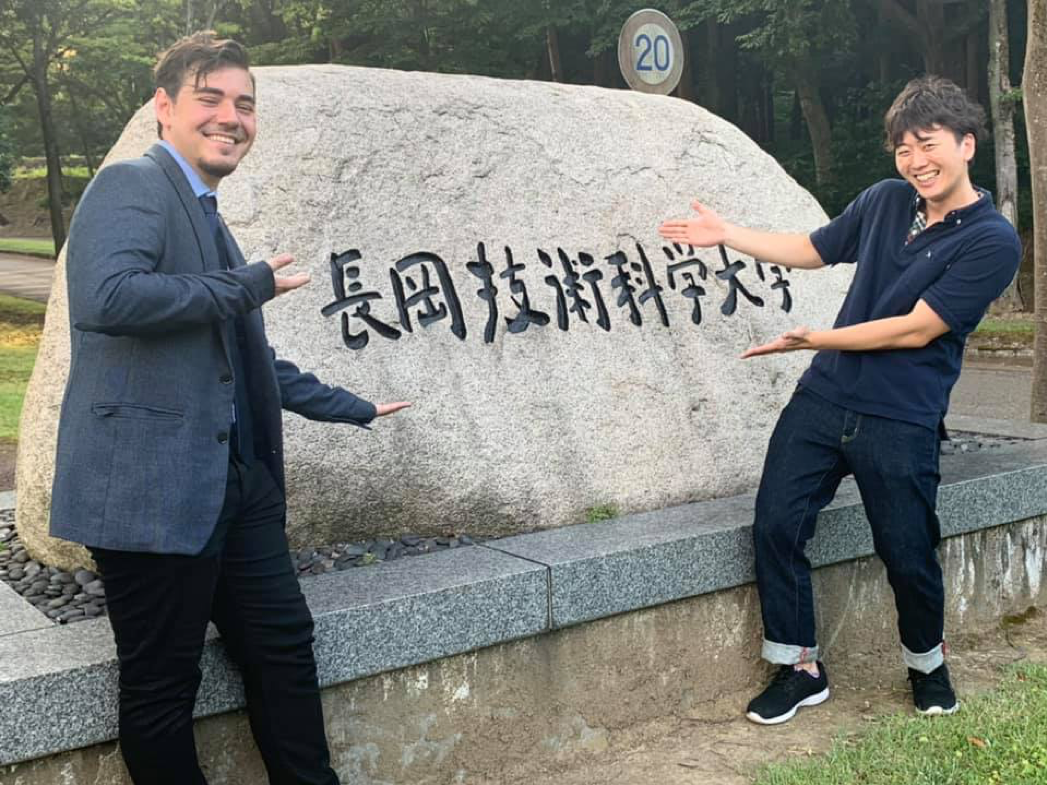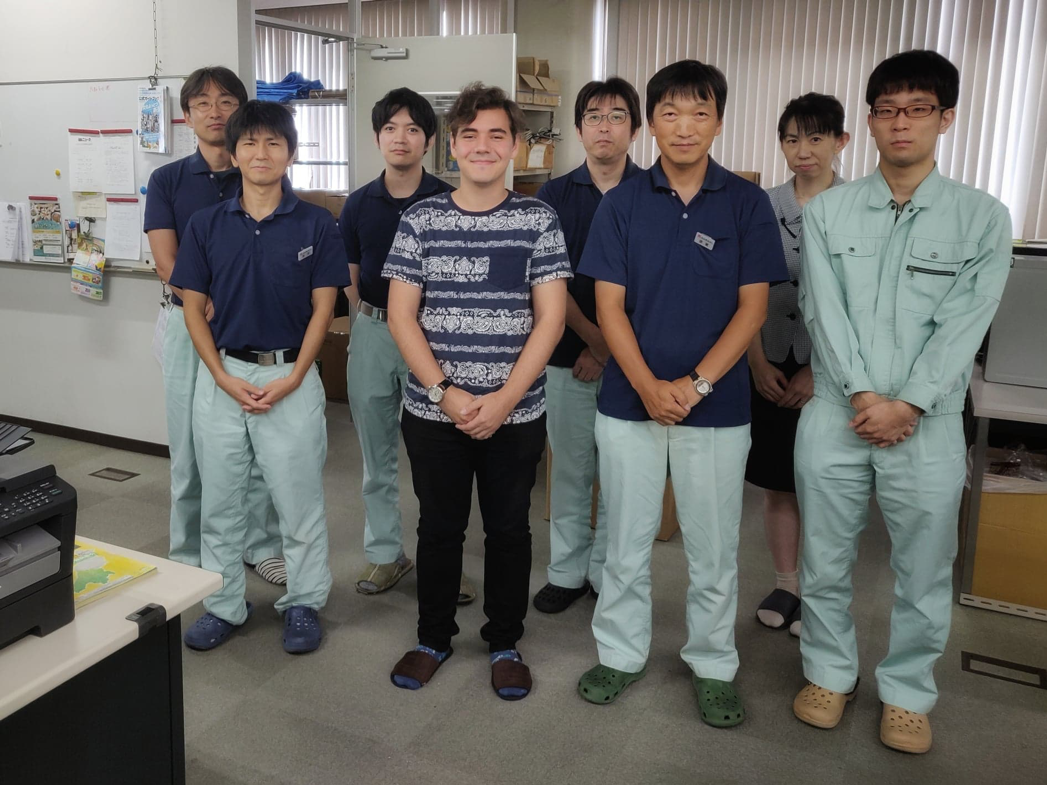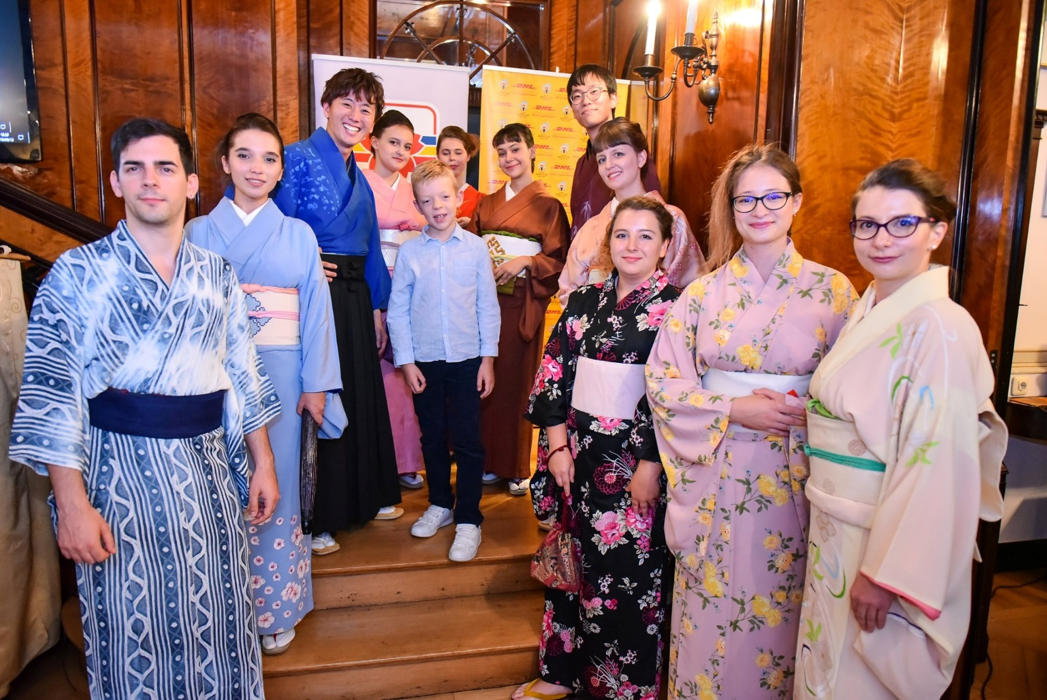A joint collaboration between the Nagaoka University of Technology and the Romanian-American University
In the recent years, the need for a new way of thinking has become more pressing. From the sluggish economy to environmental concerns such as global warming, it is no surprise as to why innovation has become the cornerstone of the survival of mankind.
We are living in an economy whereby it pays to innovate. The environment has shifted from awaiting government aid to having innovative solutions that could provide sustainable economic growth. More than ever, the humankind needs to develop creative solutions to cultivate sustainability. And this is where the need for Social Innovation comes in.
What is Social Innovation
According to The Young Foundation (2012) Defining Social Innovation, social innovations are defined as “new solutions (products, services, models, markets, processes etc.) that simultaneously meet a social need (more effectively than existing solutions) and lead to new or improved capabilities and relationships and better use of assets and resources. In other words, social innovations are both good for society and enhance society’s capacity to act.”
In short, Social Innovation leads the society to act in ways that benefits the society positively.
Examples of Social Innovation
A simple but well-known example would be AirBnb, whereby it could be considered a digital social innovation. Travelers could search for accommodation to live among the locals and experience life through the lens of the locals. In turn, the locals could share their insights while earning some side income. Another less-known alternative promising to create a “smart and fair solution for community-powered tourism” is proposed by Fairbnb whereby they channel 50% of their commission into funding local communities and social projects.
An example in academia is the establishment of research centers focusing on topics related to social impact and innovation. For example, the Center for Social Impact Swinburne in Australia as well as the Social Lab at the Lee Kwan Yew School of Public Policy in Singapore. Other example include the d.school at Stanford whereby creativity and design are at the center of the focus.
Cross-border University Collaboration
University collaborations have yielded considerable advantages such as the creation of innovation and ideas to benefit the society and businesses. It has helped develop relationships with universities beyond the local region.
In order to create more opportunities for global research-education collaborations with international universities, the Nagaoka University of Technology (NUT) has been establishing offices in strategic overseas region to foster global industry-academia collaborations. NUT has recently established a Romania-NUT office at the Romanian American University on the 11thOctober 2019 with the intention of strengthening collaboration between Japan and Romania through researches.
Such connections are necessary to allow cross-pollination between countries to find better solutions to global challenges.
Exchanges and Collaborations
In order to foster social innovation, it is thus important for exchanges of resources to happen. Student mobility gives the individuals a chance in their lifetime to experience life in a foreign environment. Cross-pollination of cultures, languages and knowledge occur naturally in such circumstances, cultivating the student’s Cultural Intelligence (CQ) into becoming a future cross-cultural leader.
In 2019, NUT and RAU started their first ever student exchange program involving one student each from respective universities.
Alexandru Dudescu from RAU and Yuki Kokai from NUT, posing in front of the Nagaoka University of Technology stone signage in Nagaoka.
In August 2019, NUT welcomed Alexandru Dudescu, a second year student at the Computer Science Masters Program in the Romanian-American University, RAU. He was the first beneficiary of an Erasmus and Investment scholarship in Japan. He participated in an Internship at Kuraki whereby he actively participated in the field of Artificial Intelligence.
In September 2019, RAU welcomed Yuki Kokai in an exchange program. He was the first student from NUT to be sent to a Romanian University. Read more about Yuki’s experience here.
Fostering Social Innovation at University level
Social challenges faced in the world these days requires radical solutions coupled with creativity and ethics to ensure positive progress. Social Innovation has the potential to further integrate science, technology and innovation development around the world. Coupling that with Universities as the role as a driver for innovation, positive outcome could be derived from cross-border university collaborations.
Resource mobility (student, researchers, lecturers) is a good way to start off small collaborations. And with time, more communication lines could be established to facilitate the exchange of ideas and researches to achieve breakthrough solutions that could benefit everyone.
At the same time, the resources (students, professors, administrative members etc) should cultivate the collaborative mindset in order to transition to Industrial Revolution 5.0 and beyond.












